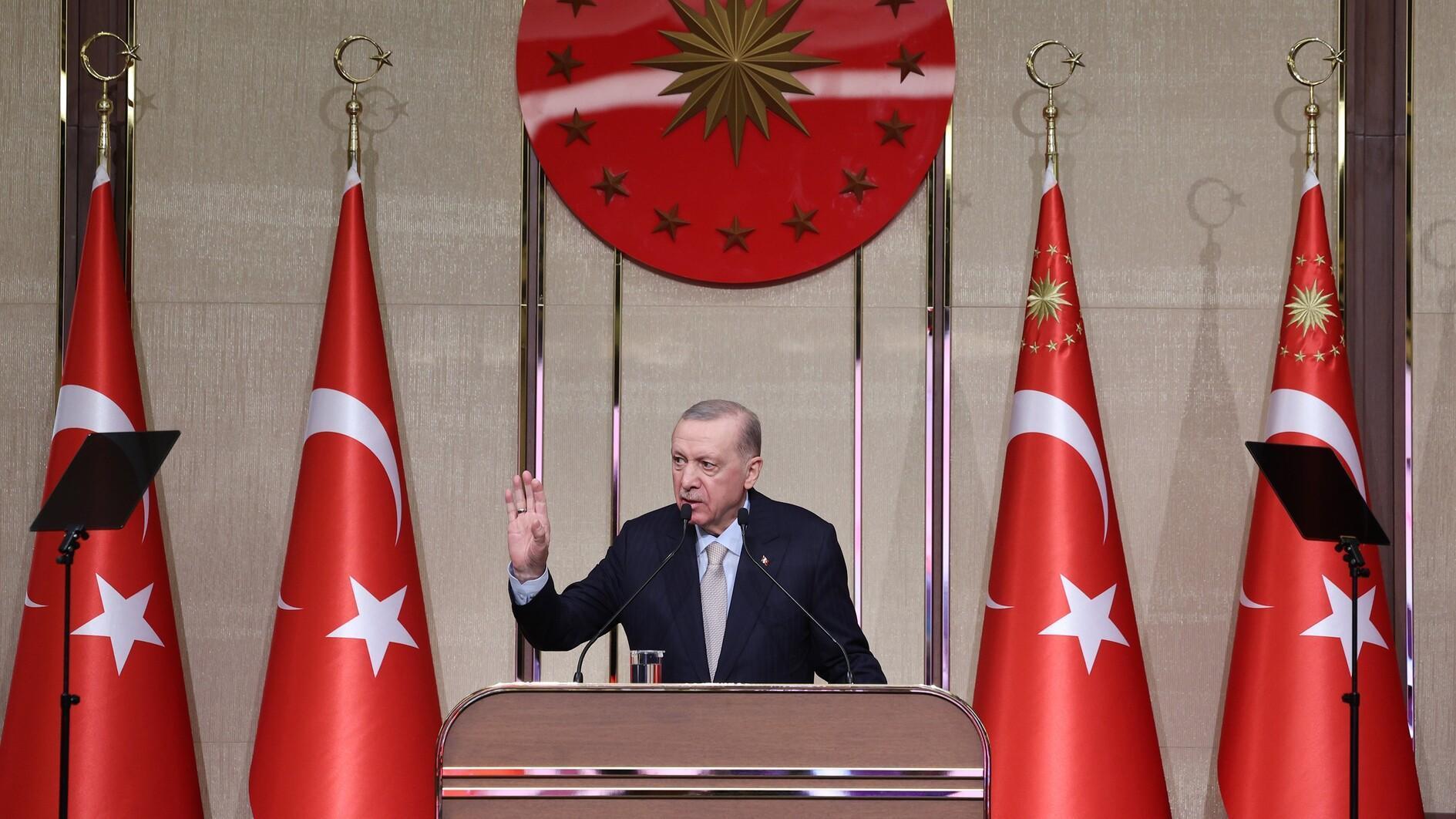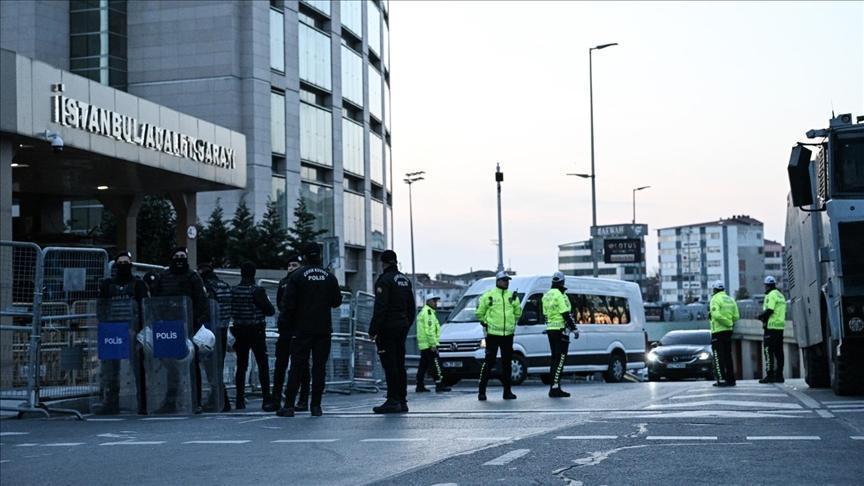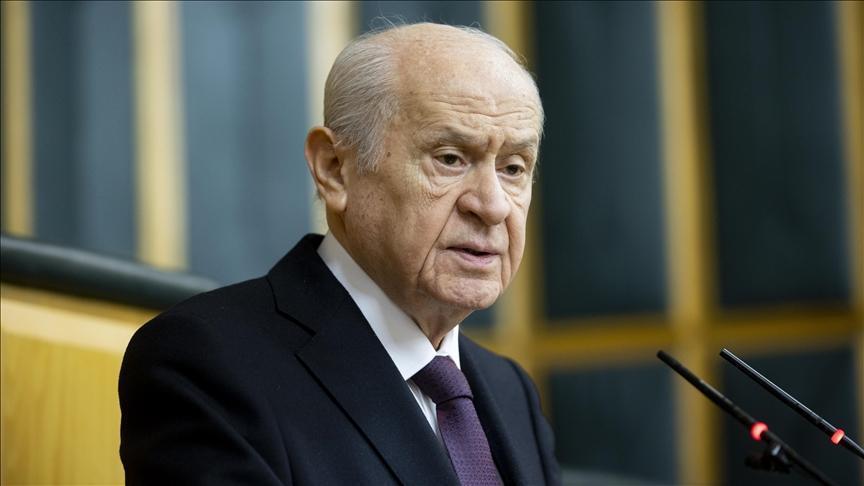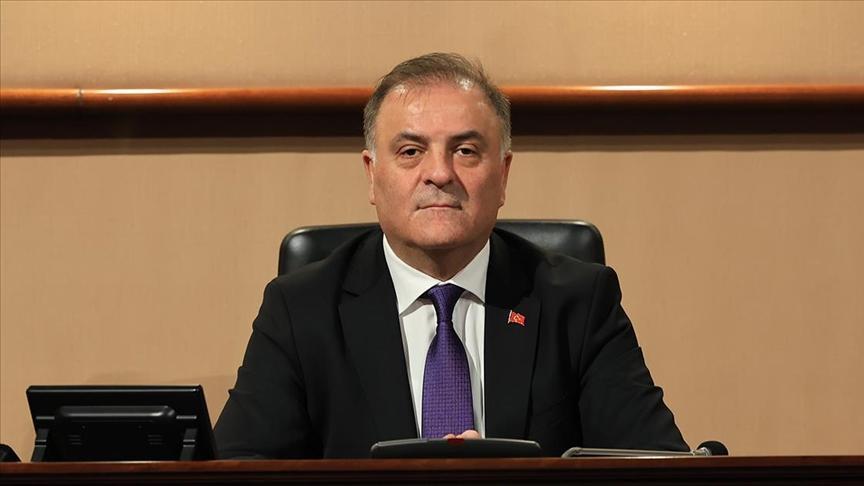The electoral picture
Public opinion polls indicate that the Peoples’ Democratic Party (HDP) will pass the threshold. Bekir Ağırdır from Konda, a poll company, says a four party outcome will come out from the ballot box. The director of MetroPOLL, another polling company, says there is a high probability that the HDP will pass the threshold.
Even if there was a surprise on the contrary, it is clear that HDP will seriously increase its votes.
We need to properly analyze this outcome. The HDP and ruling Justice and Development Party (AKP) should especially analyze it carefully.
HDP votes
Not only the HDP’s Kurdish constituency but big masses that oppose the ruling party attach great importance to whether the HDP will pass the 10 percent threshold or not.
The gist of the solution process is to distance the Kurdish movement from arms and pull it into politics. Representation in the parliament is important from that perspective.
The ratio of those who believe that the exclusion of the HDP from the parliament will complicate the solution process is 40 percent. The ratio of those who think their exclusion will facilitate the process is 19 percent.
There is one more reason for the increase in votes for the HDP: the fear of the possibility that the AKP can get the majority to change the constitution. The fact that the ruling party will turn authoritarian by distancing itself from the principles of its foundation, its heavy pressure on the press, its rough and polarizing rhetoric has increased this fear.
A big majority of the AKP’s opponents remain loyal to their parties but a portion of them contemplates to vote HDP just to stop AKP in the framework of the parliament’s arithmetic.
HDP should see the right picture
The HDP needs to properly read this picture. The votes the HDP receives will not total the votes the Kurdish movement will get. One fourth or one third of the HDP votes will be given in favor of the solution process or to put the brakes on the AKP.
In a way these are “loaned votes.”
If the HDP properly analyzes these votes; it will see that it will have to have to genuinely transform its Kurdish radicalism to the moderate rhetoric it currently uses in its election campaign. If the view voiced by HDP co-chair Selahattin Demirtaş who said “We had imprisoned ourselves to a narrow space; we have now come out of it,” is his personal view and not the expression of the transformation in the Kurdish movement, then they will slip back into that “narrow space” in a short time.
Obviously, my hope is that the HDP transform towards moderation and integration with the totality of Turkey.
Lessons for the AKP
The first lesson that the AKP should get from such this picture is that the 10 percent threshold has motivated the HDP. A healthier electoral outcome that reflects the true trends would have come out with a 5 percent threshold.
The most important lesson that the AKP should learn is the concern of authoritarianism and the feeling of alienation it has created in an important part of society.
The AKP was not able to show the political maturity of the Japanese Liberal Party, which stayed in government for 52 years.
When the Gezi events escalated due to the harsh stance of the government, Nabi Avcı, the education minister, said, “We have succeeded in five days what the opposition could not achieve for years. We enabled different fractions, groups, those that you could not imagine coming together, to meet with each other.”
In these elections, too, thanks to their harsh and oppressive rhetoric, the AKP government and the president who has joined their campaign seem to have united a certain majority in their conviction to “stop the AKP.”
Anger unfortunately dominates our political life.











